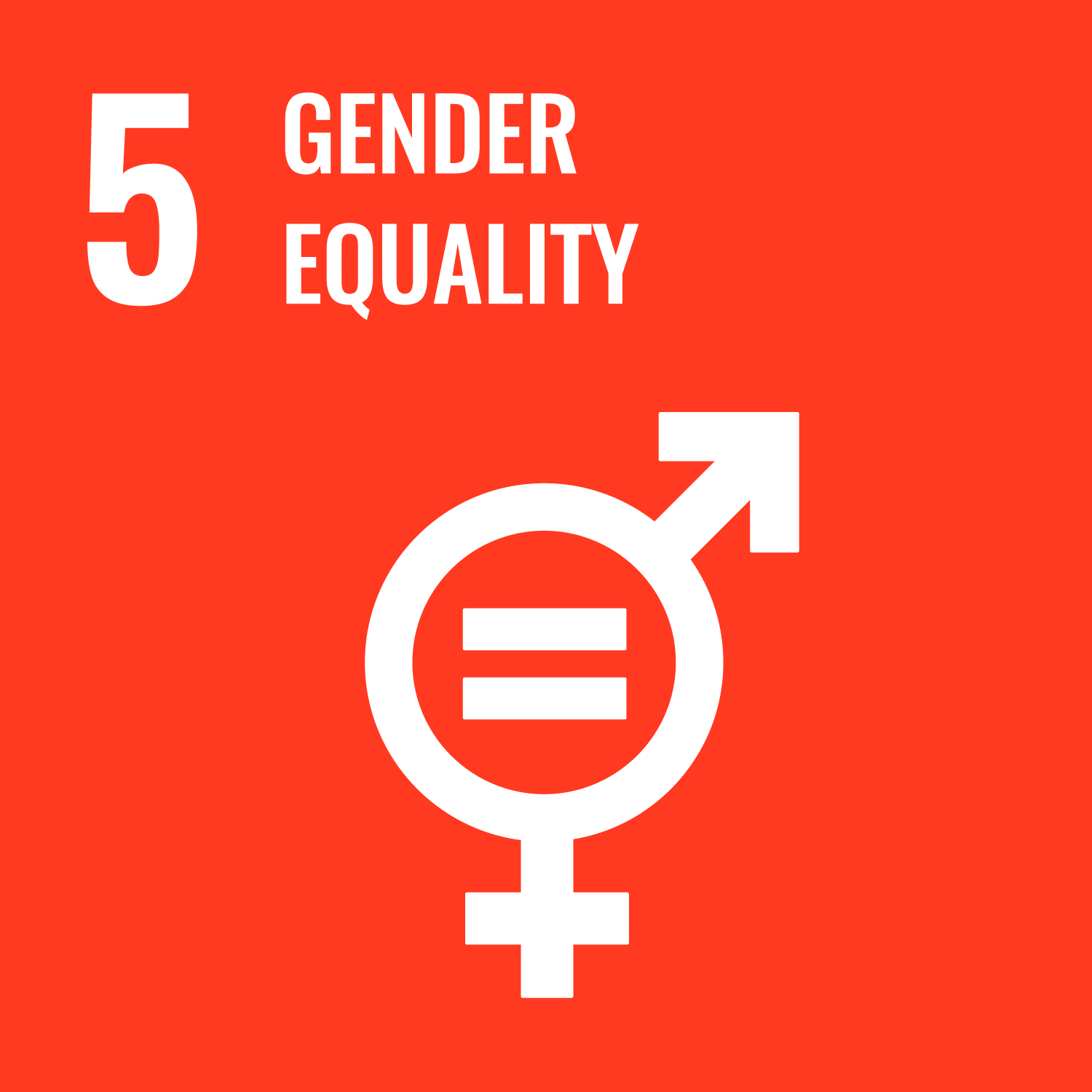ORCID
- R Belwal: 0000-0001-9971-7930
- S Belwal: 0000-0001-9971-7930
Abstract
The turnover rate of Omani women in the private sector is high and employers face difficulties in retaining women productively in jobs. By assessing work–family conflict (WFC), this study probes the challenges and associated issues facing women in private-sector jobs in Oman. This research took a mixed form of exploratory and descriptive research techniques. A structured questionnaire was administered face to face to secure direct responses from the 466 Omani women in the private sector organizations using quota sampling. The study found that time-based and strain-based work conditions affect the families of women significantly. Married women, particularly those having infants or school-age children, face significantly higher work–family conflict in the private sector, exhibiting, in certain cases, high turnover intentions. Almost half of the women workers lack organizational support, whilst the vast majority of female employees receive assistance from their families. Almost half of them either think about quitting or switching to a better job. The research suggests organizations and the government make appropriate policies to address WFC spillover and the workforce's unfavorable perception of organizational support. The study reveals how Oman's social structure aids in extending familial support to female employees and how Oman has overcome some of the primary sociocultural barriers that are faced by women in the rest of the Islamic world.
Publication Date
2023-10-26
Publication Title
Quality and Quantity
ISSN
0033-5177
Acceptance Date
2023-09-15
Deposit Date
2023-01-11
Embargo Period
2024-10-25
Recommended Citation
Belwal, R., Belwal, S., & Al-Hashemi, S. (2023) 'Disentangling Work-Family Conflict, Support, and Turnover Intentions – Quanti-Quali Mixed Method Approach', Quality and Quantity, . Retrieved from https://pearl.plymouth.ac.uk/pbs-research/330


